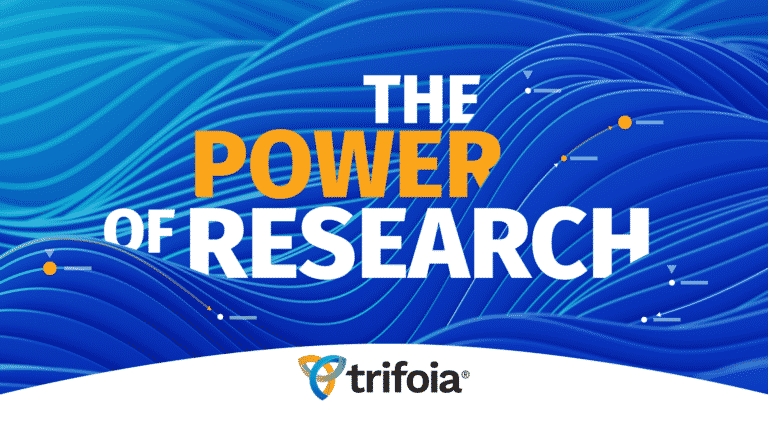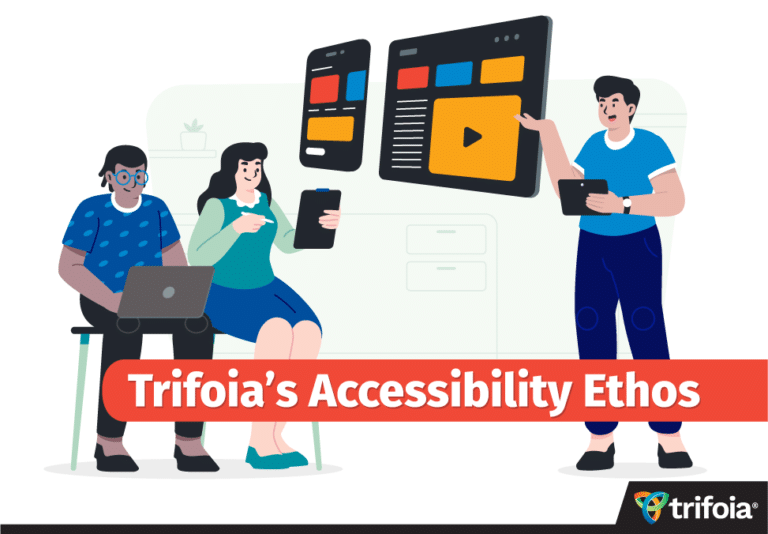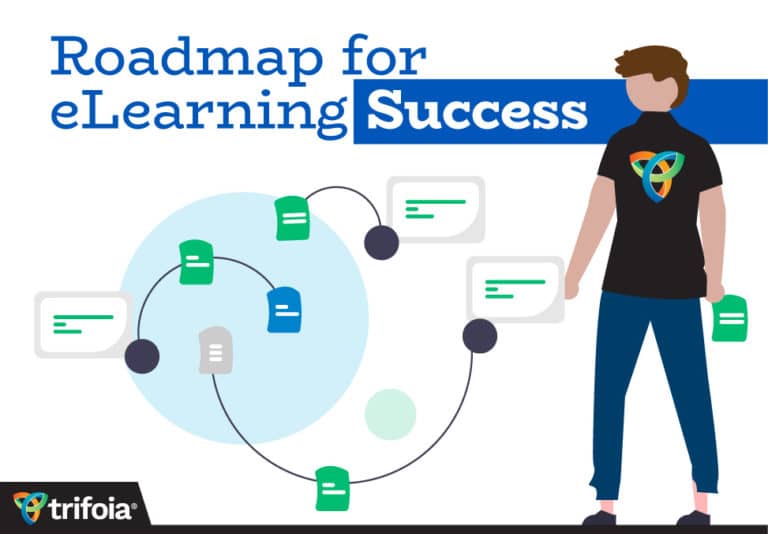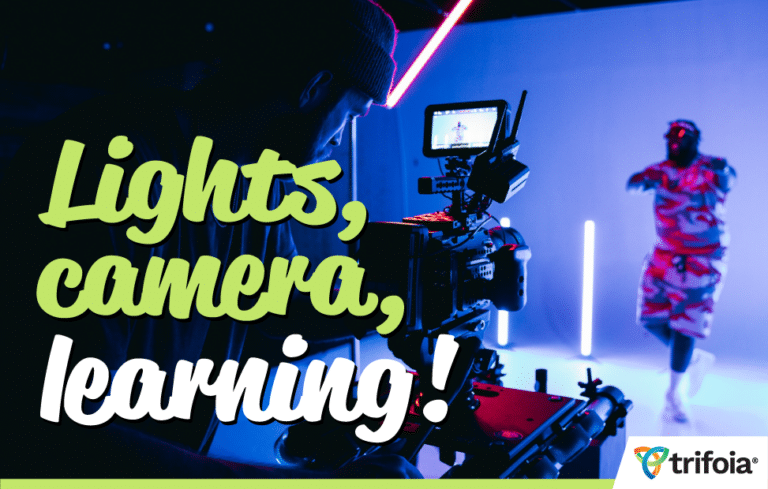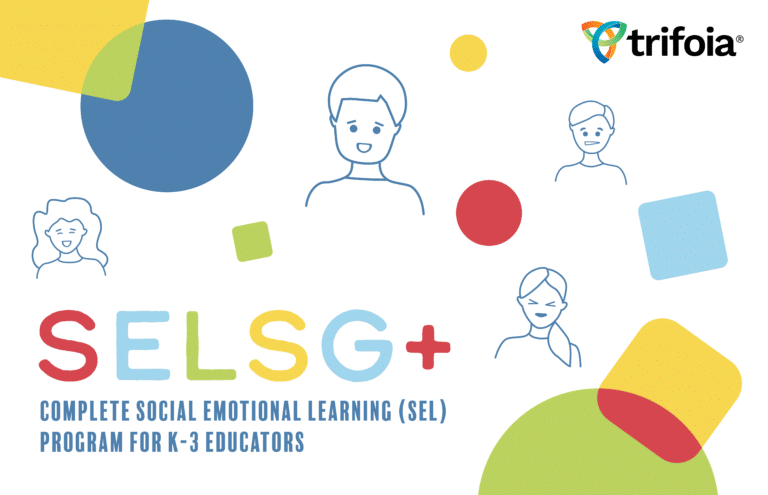CrowdED Learning launched in 2017 with one main goal: remove accessibility barriers for adult learners.
The non-profit focuses on increasing awareness of, and access to, free online learning resources and tools for workforce development and adult education. Now part of Boston-based EdTech Center @ World Education, CrowdED Learning strives to make learning more accessible through the use of open educational resources (OER) on any number of topics where knowledge is crowdsourced for users’ benefit.
One promising effort, SkillBlox, is truly a first-of-its-kind effort. Instructors can search by the College and Career Readiness Standards for Adult Education, see which free and open education resources and online lessons align with the specific skills learners need, and create curated resource playlists aligned to those skills, all in a mobile-friendly format.
Released in minimum viable product form in March 2020, SkillBlox has shown promise within adult education. Now through funding from the WES Mariam Assefa Fund, the EdTech Center is improving on the platform, adding a number of new features requested by early users as well as new subject areas. But to fully understand the technology required to expand the SkillBlox platform, CrowdED called in Trifoia to create a roadmap for them detailing the steps ahead.
“We do have a robust internal technical team,” said Jeff Goumas, founder of CrowdED Learning and Senior Technical Advisor at the EdTech Center. But SkillBlox “is a little different from the types of projects we typically have. We were asked to incorporate the platform into a federal grant proposal that was a year out. We needed to have real clarity of what the build entails to have a real sense of the timeframe and costs for ongoing enhancement and development of the platform.”
That’s where Trifoia’s technology roadmap services came in.
Working with Goumas and the World Education team, Trifoia Director of Production Tony Jimenez and Lead Software Developer Joshua Evans identified the technical requirements – mobile platforms and applications, software systems and other technology resources – that would be needed to make the SkillBlox platform accessible to users.
“It’s about purpose and outcomes,” Evans said. “The goal of the technology roadmap is at the start of a project to get everybody on the same page and create a shared understanding of what’s going to be required for a project to be successful.”
The roadmap Trifoia developed helped World Education and its partner deliver a winning proposal, now one of a handful of projects funded by the Department of Education’s Institute of Educational Sciences aimed at improving adult skills through technology. As part of this five-year project, the SkillBlox platform will be leveraged as a central component to a national research study aimed at easing and standardizing the process by which adult education instructors create and share OER.
Even before the COVID-19 pandemic, demand for these kinds of digital translations was on the rise. A 2019 survey by the professional services firm Accenture found that mobile phones have become a majority of learners’ primary sources of information. But few learning organizations knew how to effectively move their curriculums into these online and mobile formats.
With the pandemic pushing over 60% of global learners out of classrooms and into remote learning environments, according to Accenture, these digital trends have accelerated sharply. As a result, businesses, non-profits, research centers, and governments — all organizations that rely on training and knowledge development — will need their learning materials translated in ways that are accessible online, and mobile-friendly.
Trifoia offers technology roadmaps as a standalone service, or part of our comprehensive product builds.
“These roadmaps keep us as developers, and our clients, all focused on the outcomes we’re trying to pursue,” Evans said, “while also letting us detail for them how we plan on going about implementing those things.”
Since the outset of the pandemic, many of Trifoia’s clients have sought to adapt in-person curriculums to online environments. Repeat customers like Rajinder Gill, CEO of the California-based Essential Skills Program, have come to rely on Trifoia’s knowledge of digital transformations. Trifoia helped Gill quickly translate her in-person soft skills program for job seekers into an online training program when the coronavirus forced an end to live events.
“Trifoia helped us design our technology roadmap,” Gill said. “So many of us, especially coming from education and training, scrambled to move from in-person to online, and all of us had to do it in real-time. That’s where the technology roadmap came into play.”
Trifoia’s development team planned out a pathway that would make Gill’s curriculum compatible with any Learning Management System. She needed access to trainings from her website that would report to a centralized certification system. This would ensure that users who took trainings from her website or a third-party hosting their own version of the program would receive completion badges recognized by organizations responsible for accreditation and compliance in learners’ fields of work.
Key to Trifoia’s technology roadmap process is multiple meetings between clients and Trifoia project managers and software developers. It’s perfectly normal for a client to have a broad vision for a project’s end result, but few details about the best processes to get there, said Evans, Trifoia’s Lead Software Developer.
A Trifoia technology roadmap takes care of that before any actual product development begins.
“We will take all the information we have about the nature of the project and what the client wants us to build,” Evans said. “Once it’s finished, we’ll have a meeting with the client and we’ll go over the roadmap — the idea being that a lot of what we’re doing while road mapping is we’re making a lot of assumptions because we don’t know everything. So one of the things that makes a roadmap really useful is it gives us the ability to very strongly check those assumptions.”
Checking assumptions saved valuable time and resources for Gill’s Essential Skills Program. The program needed to adapt quickly to online and hybrid learning approaches. Armed with Trifoia’s technology roadmap, the organization now has the tools to build out a 10-module online training guide.
“That’s what Trifoia did for us with our technology roadmap,” Gill said. “The advising from the Trifoia team was invaluable.”

